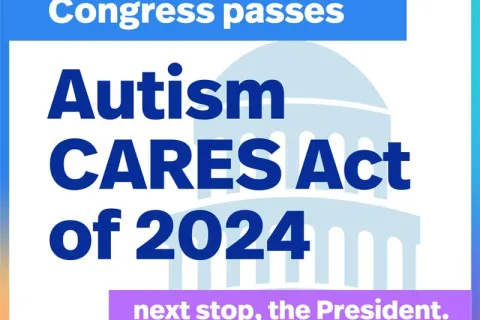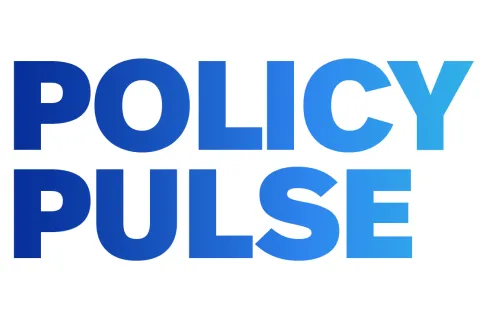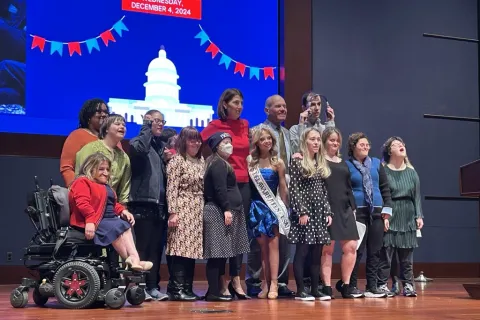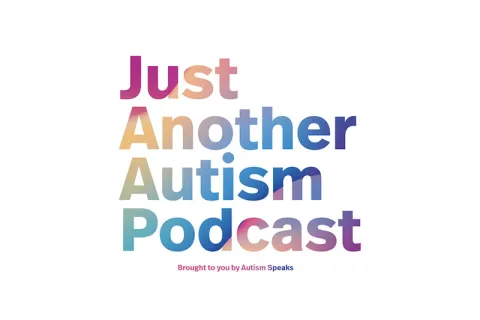Autism Speaks urges Texas to protect the voting rights of autistic individuals
September 10, 2021Voting is a fundamental right. Autism Speaks is concerned that recent changes to Texas' election laws will make voting more burdensome for people with disabilities.
The Centers for Disease Control and Prevention estimate that 1 in 45 adults – almost 450,000 adults in Texas – have autism, and studies show that disabled individuals encounter voting difficulties at a higher rate than non-disabled people. According to a recent report to the United States Election Assistance Commission, in 2020, voters with disabilities experienced difficulties related to voting at almost twice the rate as those without disabilities (11% compared to 6%). This gap existed for both those who voted in-person (18% compared to 10%) as well as those who voted by mail (5% compared to 2%). Changes to election procedures instituted by some states in 2020 due to the COVID-19 pandemic do not appear to account for the difficulties that disabled voters experienced. In fact, the likelihood of voting difficulties decreased from 26% in 2012 to 11% in 2020 among voters with disabilities.
Any such improvements in accommodating the needs of those in Texas with autism and other conditions/disabilities may be eroded by the new Texas law, SB 1. Among our concerns:
- Some individuals with autism need help completing a ballot due to challenges related to coordination or understanding new procedures. Those who assist are often family members or hired caregivers. SB 1 establishes new requirements — and possible criminal penalties — for those who provide assistance to a voter who needs help completing their ballot. Autism Speaks is concerned that new requirements and the risk of criminal penalties will make it more difficult for those with autism or other conditions/disabilities to secure the assistance they may need to vote.
- Mail-in voting is often a less burdensome means of voting for those with autism, because autistic individuals may not be able to tolerate waiting in line or may have sensory challenges related to sound, lighting or other environmental factors. SB 1 establishes additional identification requirements and procedures for completing an application to request a mail-in ballot. Many autistic individuals, especially those who reside in congregate care settings, may have difficulty accessing the identification that is needed to complete the mail-in ballot application.
Autism Speaks encourages officials in Texas and other states to ensure that autistic and other disabled individuals can cast their ballots easily, safely and securely.







